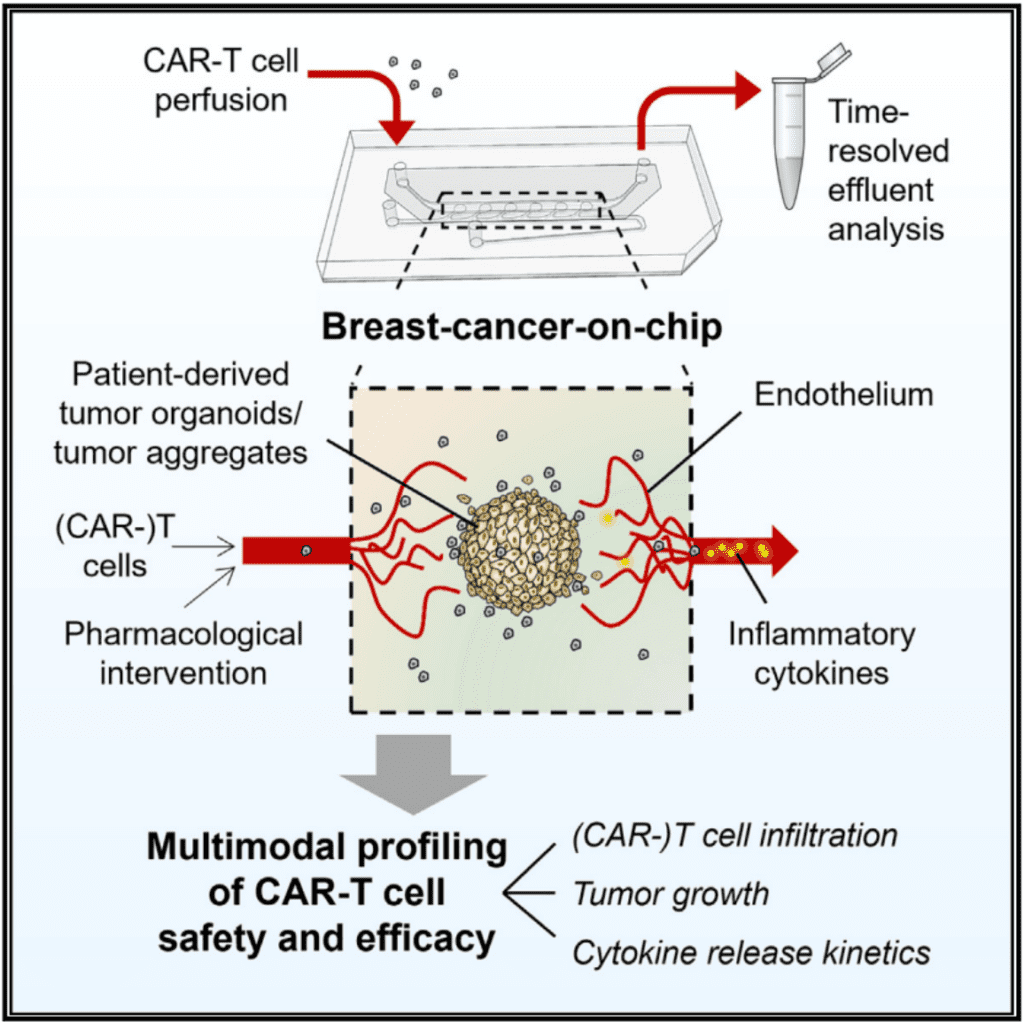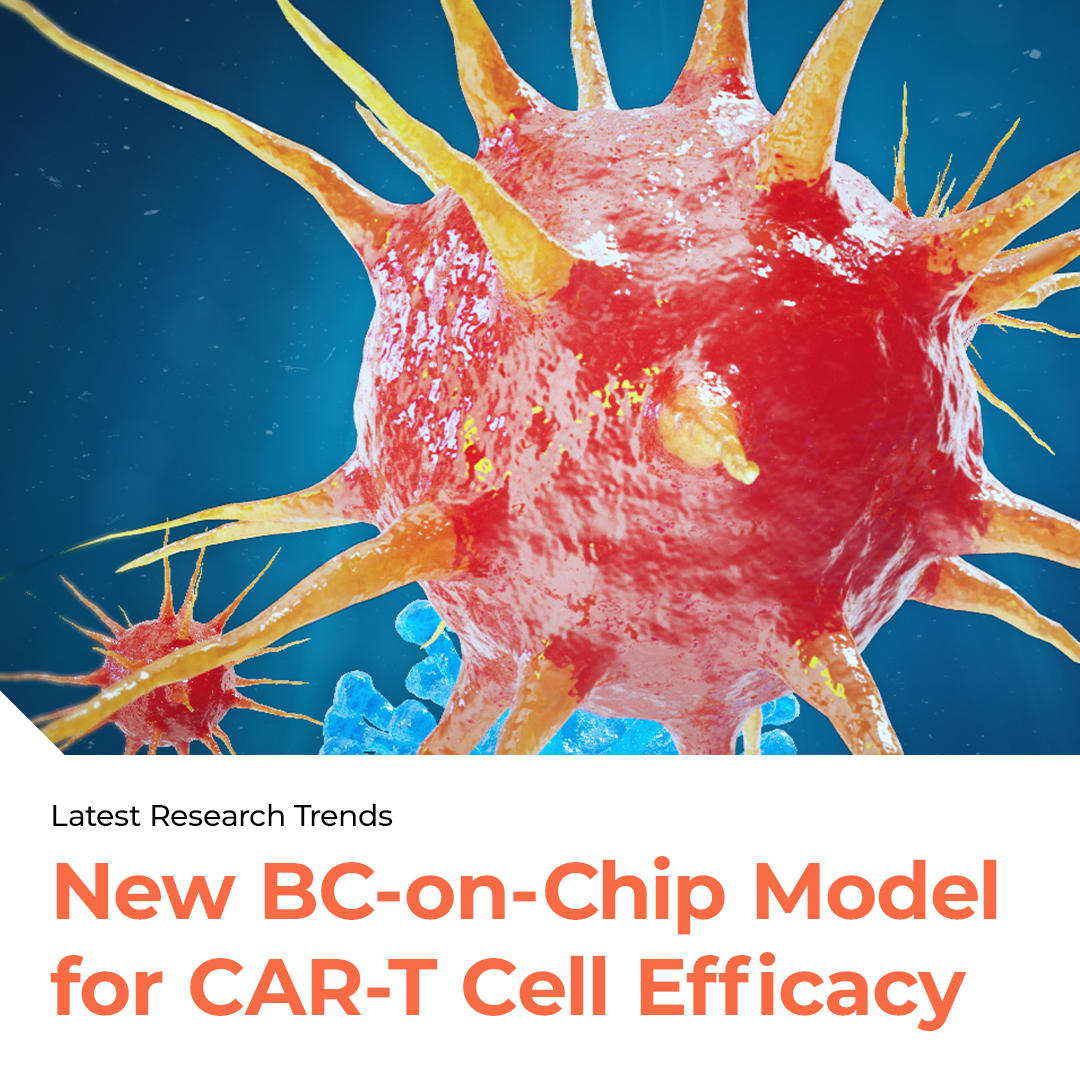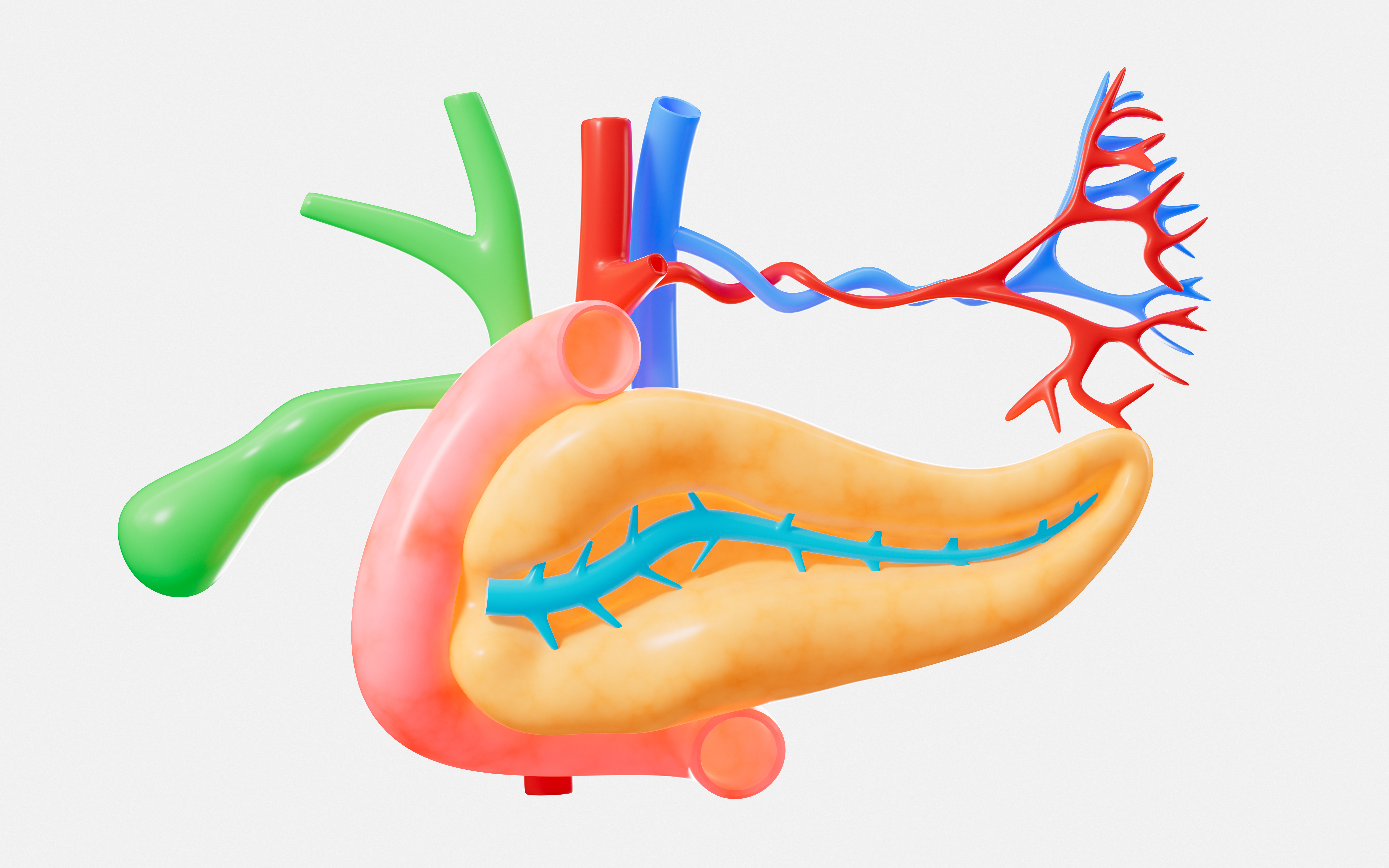A new paradigm in breast cancer treatment is emerging. A recent study published in Cell Stem Cell introduces an innovative “Breast Cancer-on-Chip” model for evaluating the efficacy and safety of patient-specific CAR-T cell therapy. This research was conducted by Dr. Tengku Ibrahim Maulana and his team at the University of Tübingen, Germany.
Study Overview
CAR-T cell therapy has shown remarkable success in treating blood cancers but faces significant challenges in solid tumors like breast cancer. To address these challenges, Dr. Maulana and his team developed a “Breast Cancer-on-Chip” model that accurately replicates the 3D microenvironment and vasculature of solid tumors. This model is designed to simulate the administration, recruitment, and infiltration of CAR-T cells, allowing for patient-specific monitoring of efficacy and safety.
Key Findings
- Efficacy of CAR-T Cells: The study demonstrated that CAR-T cells effectively infiltrate and lyse tumor cell aggregates within the chip, whereas control T cells showed significantly lower infiltration levels.
- Cytokine Release: Post CAR-T cell administration, elevated levels of cytokines such as IL-2, IL-6, TNF-α, IFN-γ, and granzyme B were observed, indicating active recognition and response to tumor antigens by the CAR-T cells.
- Patient-Specific Models: Using patient-derived organoids with varying levels of ROR1 expression, the efficacy of CAR-T cells was assessed. High ROR1-expressing organoids showed greater CAR-T cell infiltration and effective tumor growth inhibition.
Advantages Over Traditional Organ-on-Chip Models
The “Breast Cancer-on-Chip” model developed in this study offers several distinct advantages over traditional organ-on-chip models:
- Accurate 3D Microenvironment Replication: Unlike traditional 2D or simplified 3D models, this chip accurately reproduces the complex 3D microenvironment of actual tumors, providing more realistic data.
- Integration of Vascular-Like Structures: By incorporating vascular-like structures, this model simulates the movement and infiltration of CAR-T cells more realistically, a crucial feature that traditional models often lack.
- Patient-Specific Approach: The use of patient-derived organoids allows for the evaluation of CAR-T cell therapy tailored to individual tumor characteristics, enhancing the ability to predict and optimize patient-specific treatment responses.
- Comprehensive Cell Interaction: This model includes interactions between tumor cells, stromal cells, immune cells, and endothelial cells, accurately reflecting the complex physiological environment of tumors. This enables a more precise assessment of therapeutic responses and side effects.
- Rapid and Cost-Effective Construction: The “Breast Cancer-on-Chip” model can be constructed faster and more cost-effectively than traditional animal models, facilitating quicker clinical decision-making and increasing research efficiency.
Expected Impact
This study significantly advances the application potential of CAR-T cell therapy for solid tumors. The “Breast Cancer-on-Chip” model is expected to yield the following benefits:
- Implementation of Precision Medicine: Developing personalized treatment plans tailored to each patient’s tumor characteristics, providing the most effective CAR-T cell therapy.
- Swift Clinical Application: The model’s rapid construction allows for faster clinical decision-making, saving time and costs in treatment development and patient-specific therapy optimization.
- Managing Side Effects: By replicating the tumor microenvironment, the model enables the evaluation of CAR-T cell therapy safety and the preemptive management of side effects like cytokine release syndrome (CRS).
- Broad Applicability: This model is not only valuable for breast cancer but can also be applied to other solid tumors and various immunotherapies, broadening its utility in cancer research.
Dr. Maulana and his team have opened new avenues for CAR-T cell therapy through this study, promising significant contributions to the development of treatments for various solid tumors. This research marks a critical milestone in the future of cancer therapy.

Maulana, Tengku Ibrahim, et al. “Breast cancer-on-chip for patient-specific efficacy and safety testing of CAR-T cells.” Cell Stem Cell (2024).




